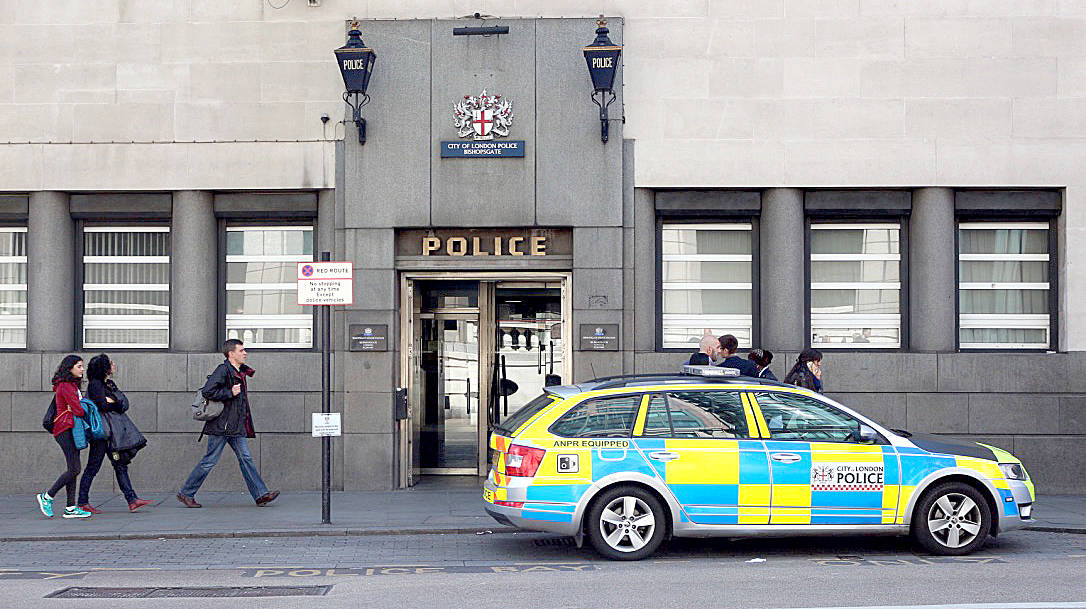Lloyds Banking Group has pledged to pay big bucks to help stamp out economic crime in the Square Mile and across the UK.
The £1.5million partnership will span three years and will complement ongoing work by City Police; the national policing lead for fraud.
Funds will be allocated across a number of projects designed to strengthen UK financial capabilities to detect criminals and to protect the public and businesses.
Paramount to this is the training of financial investigators with the intention of sharing best practices and expertise across organisations.
City of London Police’s assistant commissioner, Alistair Sutherland said that developing partnerships to tackle fraud is a cornerstone of the force’s overall approach.

He added: “This is a fantastic opportunity to work closely with a highly regarded, international private sector partner and to share our expertise and knowledge.
“We want to do everything we can to prevent economic crime from ruining lives and businesses, and this sponsorship agreement will help us to do exactly that.”
In addition, a programme of secondments and exchanges between the City of London Police and Lloyds Banking Group will take place, helping investigators and analysts to better understand criminal methodologies and banking practices and how this affects law enforcement.
Brian Dilley, group director of fraud and financial crime prevention for Lloyds Banking Group, said: “This is an important partnership with the City of London Police and part of Lloyds Banking Group’s commitment and priority of keeping our customers’ money safe.
“By working collaboratively under a public-private partnership, Lloyds Banking Group and City of London Police will be more effective in reducing the harm caused to our communities by criminals.”
The force was recently shared in a £100m investment in the Police Transformation Fund to help police forces across England and Wales adapt to the challenges of the future.







